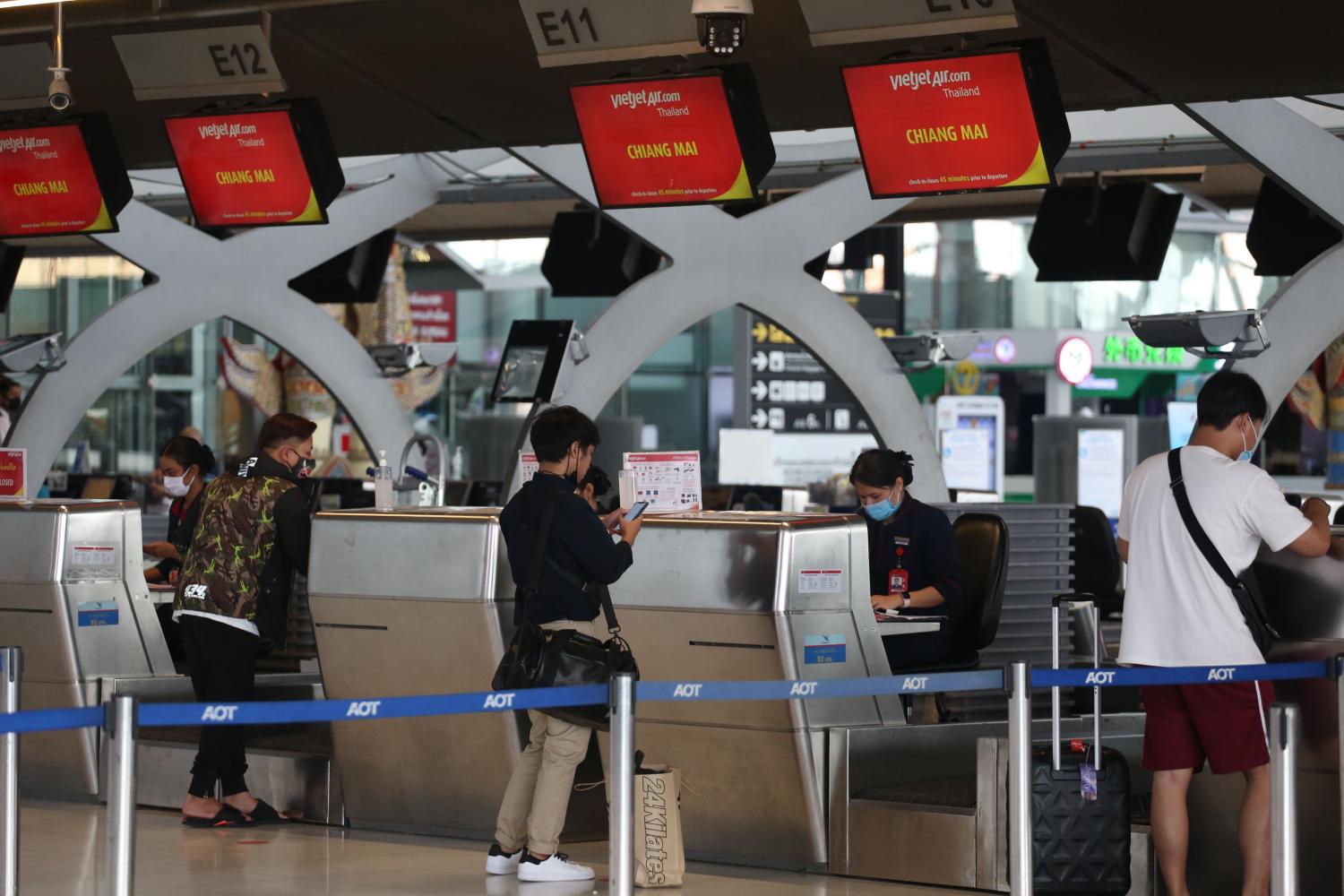
Thai Vietjet has warned Thai AirAsia about the cost burden of operating a new hub at Suvarnabhumi airport, a move expected to heat up domestic competition at the biggest airport in Thailand.
Airports of Thailand (AoT) confirmed that Thai AirAsia has been given the green light to operate from Suvarnabhumi, in addition to its existing hub at Don Mueang airport, starting with 24 domestic flights a day to tourist destinations like Surat Thani, Chiang Mai and Phuket.
Thai Vietjet, a low-cost carrier with a hub at Suvarnabhumi, said operating an airline from two hubs in the same city comes with pros and cons.
Nguyen Thi Thuy Binh, chairwoman of Thai Vietjet, said its competitor will have opportunities to capture more demand, but there will be higher costs from splitting operations, making it difficult to provide affordable airfares to customers.
In addition to Thai Vietjet, the only low-cost carrier at Suvarnabhumi, the airport is also home to Thai Smile Airways and Bangkok Airways, which are relying on domestic routes for the time being.
Thai Vietjet plans to continue offering service strictly at Suvarnabhumi, as it considers the airport more convenient for travellers.
Ms Binh said that with all seven domestic routes resuming, Thai Vietjet has seen positive signs: the number of passengers in the first 10 days of July reached the same level of total passengers in June.
She said the airline is ready to serve international flights in the region as soon as the government lifts travel restrictions.
At present, Thai Vietjet aims to maintain all jobs for employees and flights to serve necessary air travel during the outbreak.
The airline this year aims to carry more than 3 million passengers with about 1,000 flights a week, three times the amount under current operations.
Ms Binh said Thai Vietjet plans to expand its network with new international routes and expand its fleet from 11 jets by next year.
According to the latest report from Moody's Investors Service, stakeholders in aviation will be affected by slowing passenger demand, which will take at least three years to reach the same level as in 2019.
